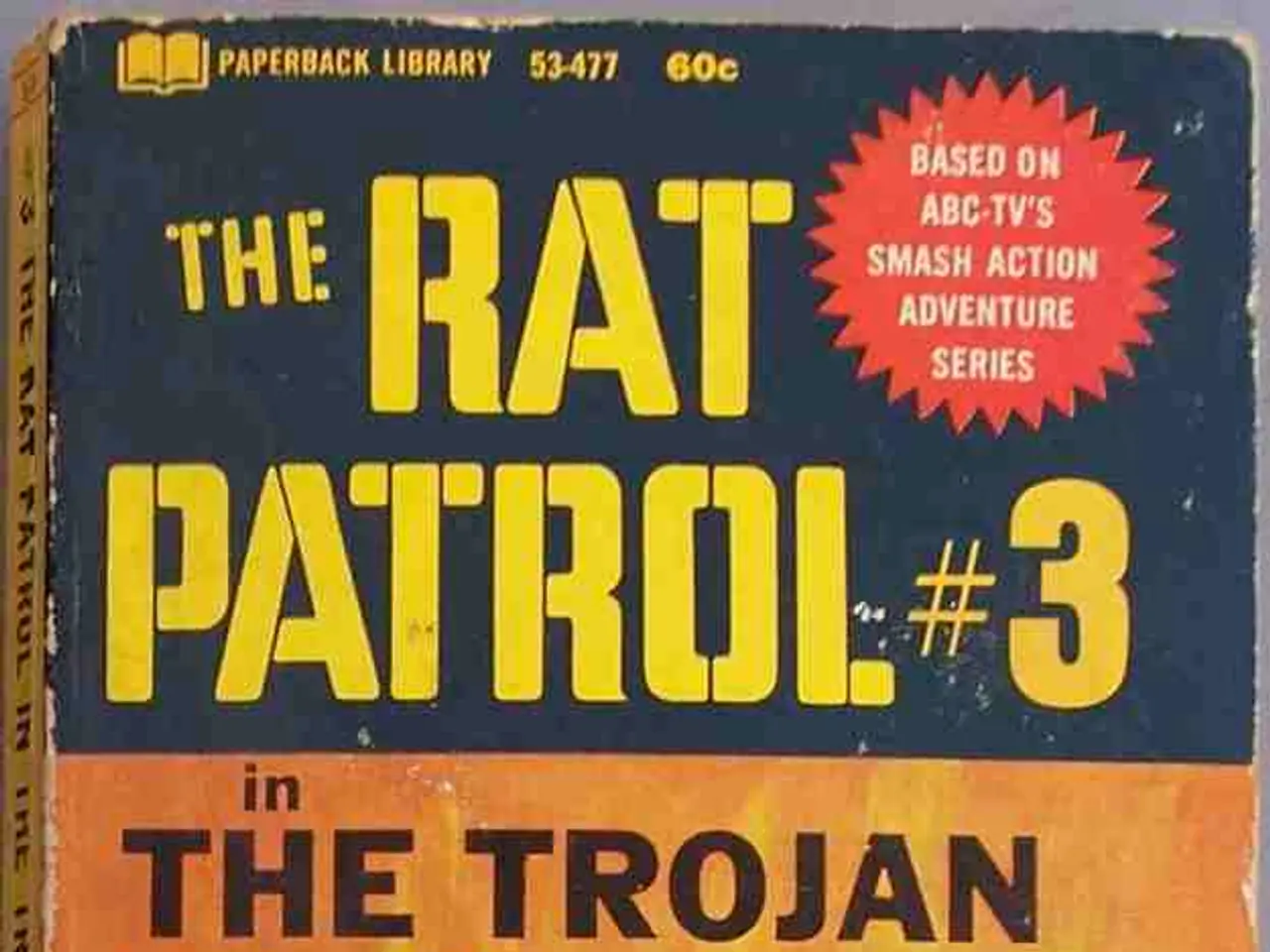Peaceful atmosphere on the streets, apprehension in the air: Tehran's population doubts peace is real, war imminent again
Iran-Israel War Aftermath: A Nation in Crisis
Following the June 2025 Iran–Israel war ("Twelve-Day War"), Iran is grappling with a severe political and economic crisis that has deeply affected the daily lives of its citizens.
Political Instability
The conflict has exposed vulnerabilities in Iran's leadership and power structure. Supreme Leader Ayatollah Ali Khamenei, who holds near-absolute authority, has become less visible, reportedly going into hiding due to fears of assassination by Israel or the US. This has weakened his grip on power, causing a shift towards collective leadership by bodies such as the Defense Council and Supreme National Security Council. A fierce power struggle is ongoing, with the reformist "Reform Front" becoming a more influential opposition force despite governmental crackdowns.
Economic Hardship
Iran's economy, already fragile from decades of sanctions and domestic challenges, has suffered significantly from the conflict. The war disrupted businesses and the broader economy, leading to massive revenue losses and layoffs, especially in small and medium enterprises. Unemployment and economic insecurity are widespread, contributing to pessimism about economic prospects—recent surveys show around 72% of Iranians do not expect economic improvement this year. The sanctions remain a key factor driving the economic crisis, prompting 85% of Iranians to favor improved relations with the West to alleviate them.
Military and Nuclear Impacts
Israel's targeted airstrikes damaged key Iranian nuclear and military facilities and eliminated prominent scientists, setting back Iran’s nuclear program. This has intensified debates within Iran's security elite about overt nuclear weaponization, as Iran still possesses enriched uranium and technical expertise but faces delays in restoring lost capabilities. Protecting remaining nuclear assets has become a strategic priority.
Daily Life Effects
Economically, wage losses, layoffs, and uncertainty have led to psychological stress among Iranians. Citizens face daily challenges managing lives amid unpredictable regional tensions. The government claims to be taking exceptional measures to aid those impacted by wartime conditions, but many Iranians remain anxious about stability and the future.
In the heart of Tehran, the Tajrish bazaar is once again filled with the scent of saffron, indicating a return to normalcy. However, Fereshteh Naeemi, a 34-year-old shopkeeper, expresses her daily anxiety about the ongoing war of words between Israel and Iran.
Strategic Ambiguity
Iran has adopted a strategy of "strategic ambiguity" in its nuclear policy, allowing it to shield itself from war while keeping diplomacy on the table. This strategy is evident in Iran's claims of removing its 400kg of highly enriched uranium before the strikes and its skilful game of shadowboxing with its nuclear plans, as suggested by Iran-based journalist and commentator Amir Jaber.
Preparing for a Possible Return to Fighting
Iran is facing economic pressures and security reshuffles as it prepares for a possible return to fighting. The creation of a Supreme National Defence Council, chaired by President Masoud Pezeshkian, indicates a reshaping of Iran's security architecture. First Vice President Mohammad Reza Aref stated that Iran is not in a ceasefire but a cessation of hostilities, suggesting a readiness for confrontation at any moment. The decision to reappoint Ali Larijani as head of the Supreme National Security Council underscores a push for synergy in command should war reignite.
Despite these efforts, many Iranians perceive these moves as staged rather than organic. Hossein Javanzadeh, a 63-year-old taxi driver, compares the current situation to the Iran-Iraq war, stating that people are buying dollars and gold out of fear. The absence of morality police on the streets is seen as an attempt to rally different voices under the banner of national unity. In the wake of unprecedented losses among Iran's top brass, the rhetoric has shifted from fiery anti-Israeli speeches to a new rhetoric that mixes defiance with pragmatism.
Iranians are experiencing jitters due to the possibility of the conflict reigniting at any moment. The Iranian government is attempting to project normality, as evidenced by the return of routine programming on state broadcaster IRIB and the supreme leader's delivery of an address standing rather than seated. However, the lingering effects of the conflict and the uncertain political landscape continue to cast a shadow over the lives of Iranian citizens.
Read also:
- Weekly happenings in the German Federal Parliament (Bundestag)
- Southwest region's most popular posts, accompanied by an inquiry:
- Discussion between Putin and Trump in Alaska could potentially overshadow Ukraine's concerns
- Massive 8.8 earthquake hits off the coast of Russia's Kamchatka Peninsula, prompting Japan to issue a tsunami alert.








